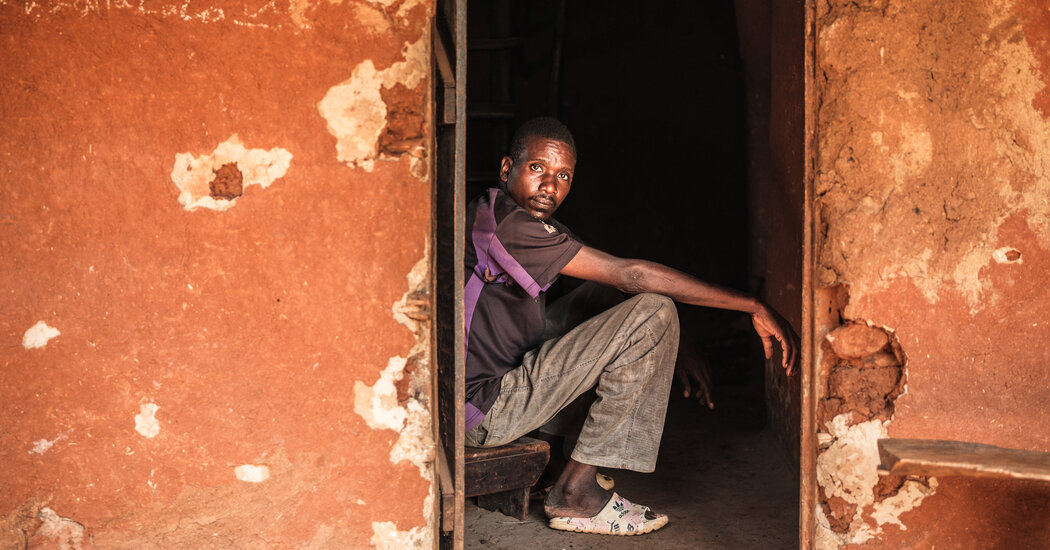Dalvin Modore walked as if there was broken glass beneath his feet, stepping gingerly, his frail shoulders hunched against the anticipation of pain. His trousers had become so loose that he had to hold them up as he inched around his small farm in western Kenya.
Mr. Modore has tuberculosis. He is 40, a tall man whose weight has dropped to 110 pounds. He has a wracking cough and sometimes vomits blood. He fears the disease will kill him and has been desperate to be on medication to treat it.
Mr. Modore is one of thousands of Kenyans, and hundreds of thousands of people worldwide, with TB who have lost access to treatments and testing in the weeks since the Trump administration slashed foreign aid and withdrew funding for health programs around the globe.
Many, like Mr. Modore, have grown significantly sicker. As they go about their lives, waiting and hoping, they are spreading the disease, to others in their own families, communities and beyond.
The whole system of finding, diagnosing and treating tuberculosis — which kills more people worldwide than any other infectious disease — has collapsed in dozens of countries across Africa and Asia since President Trump ordered the aid freeze on Jan. 20, Inauguration Day.
The United States contributed about half of international donor funding to TB last year and here in Kenya paid for everything from nurses to lab equipment. Trump administration officials have said that other countries should contribute a greater share to global health programs. They say administration is evaluating foreign aid contracts to determine whether they are in the national interest of the United States.
